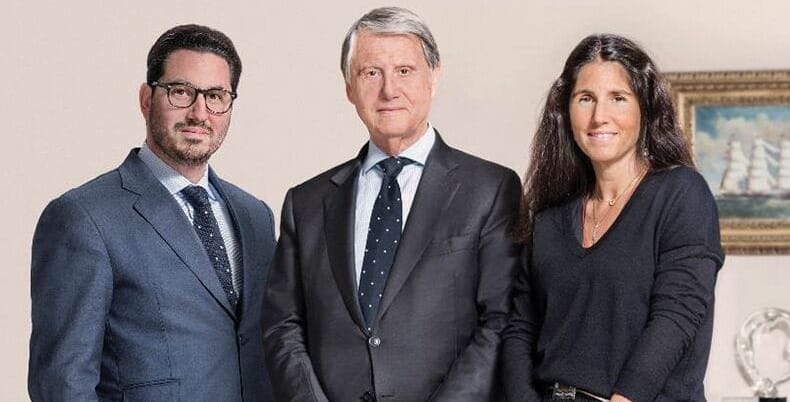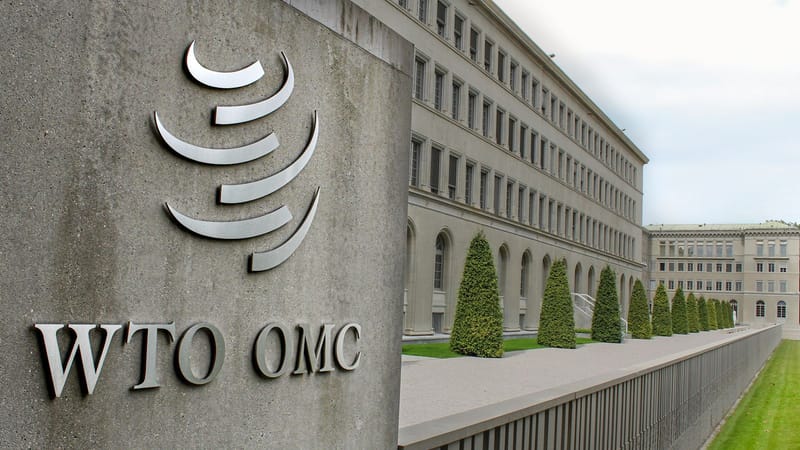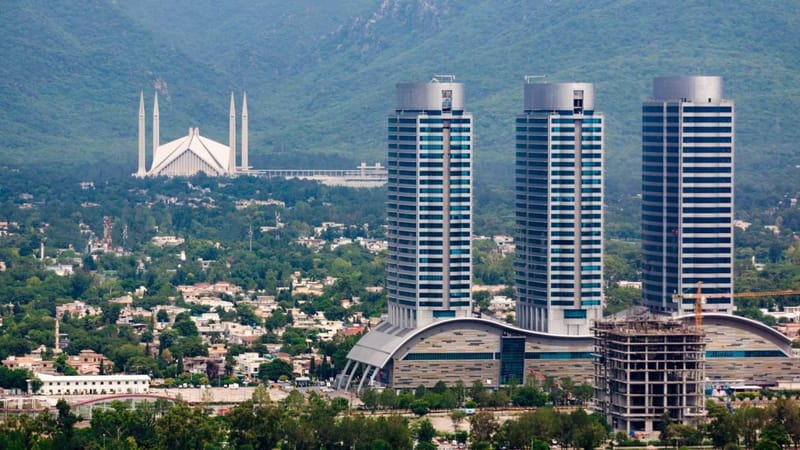Switzerland: A Billionaire's Haven Amidst Wealth Disparities
With one billionaire for every 80,000 people, Switzerland ranks third globally for billionaire density
Renowned for its luxury chocolate, fine cheese, and majestic snow-capped mountains, Switzerland also holds a notable reputation for its wealth. With one billionaire for every 80,000 people, Switzerland ranks third globally for billionaire density, trailing only Luxembourg and Hong Kong. Despite its small size, the country is home to 110 billionaires with a combined wealth of $338 billion, surpassing other affluent regions like Saudi Arabia, Singapore, and the UAE.
The wealthiest Swiss residents include Gerard Wertheimer, co-owner of Chanel, the heirs of Ikea creator Ingvar Kamprad, and the founders of healthcare giant Roche. Switzerland's allure for the ultra-rich lies in its political stability, neutrality, and an attractive tax system. The country’s low tax rates for both corporations and individuals, coupled with the absence of capital gains tax on financial assets, make it a prime location for the wealthy to safeguard and grow their fortunes.
Martin Bühler, finance chief of the canton of Grisons, highlighted the competitive yet balanced tax landscape across Switzerland's 26 cantons. Each canton can independently shape its financial policy, creating a competitive environment while maintaining a controlled approach to wealth taxation. The Swiss wealth tax, though rare in Europe, is relatively low, ranging from 0.1% to 1.1% of an individual's net wealth, further enhancing the country's attractiveness to wealthy individuals.
Switzerland's strong currency, the Swiss franc, also plays a crucial role. The franc's steady appreciation against the euro and resilience against the dollar provide a stable economic environment, reducing fears of currency depreciation. This stability, coupled with the country's robust legal and institutional framework, underpins its status as a leading business destination, hosting major financial services, pharmaceutical, and chemical sectors, and prestigious institutions like the World Economic Forum in Davos.
Historically, Switzerland's banking sector has been a global hub for wealth management, offering privacy and anonymity that attracted the world's wealthy. However, post the Global Financial Crisis, increased regulatory scrutiny has pushed Swiss banks to adopt greater transparency, distancing themselves from facilitating tax evasion.
Despite its wealth, Switzerland is not immune to the global cost-of-living crisis. A 2024 Oxfam report revealed that while the fortunes of the world's five richest men have more than doubled since 2020, billions have become poorer. This disparity is evident in Switzerland, where the gap between the ultra-rich and the less wealthy is pronounced.
Nevertheless, Switzerland continues to score high on liveability and social harmony indices, attributed to its effective social policies and labor laws that ensure decent living standards for all citizens. The country's education system and labor market dynamics support equitable income distribution, fostering a cohesive society.
While the presence of billionaires and the concentration of wealth highlight economic disparities, Switzerland's balanced approach to taxation, political stability, and strong social policies maintain its appeal and functionality as a prosperous and harmonious nation.






